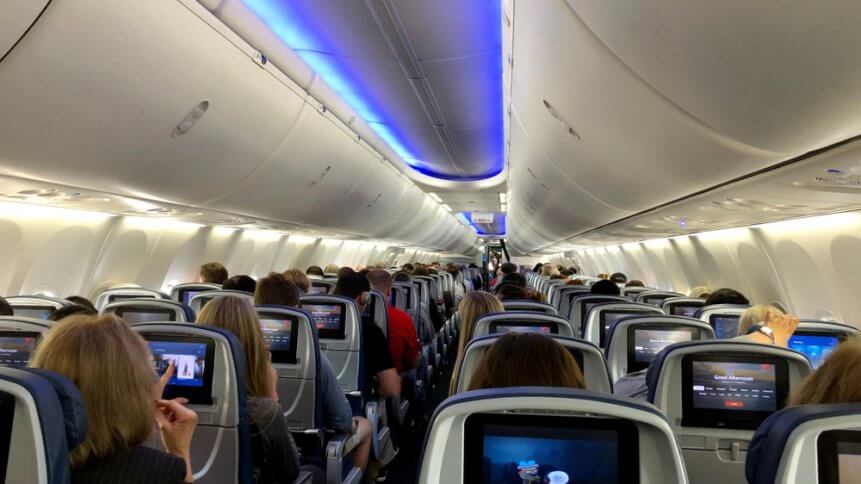Delta pursues quantum computing ‘blueprints’ in air travel

The US-based Delta Airlines is teaming up with IBM to explore how quantum computing can enhance operations and customer experience in the travel sector.
The computing giant’s IBM Q arm this week announced that its newest 28-qubit quantum computer ‘Raleigh’ reached a Quantum Volume of 32 last year, continuing the firm’s run of doubling that figure annually since 2017.
In partnering, Delta joins a number of other Fortune 500 firms on the IBM Q Network. Big Blue says its now working with more than 100 organizations across multiple industries, including airlines, automotive, banking and finance, energy, insurance, materials, and electronics.
Firms including Anthem, Goldman Sachs, Wells Fargo, and Woodside Energy are among those exploring the practical applications of quantum computing technology in industry, alongside academic and government research labs and startups.
Members have access to IBM’s quantum expertise and resources, open-source software and developer tools, and cloud access to 15 of the most advanced, commercially available quantum systems— including a 53-qubit system.
Delta’s CIO, Rahul Samant, commented that the partnership was part of the firm’s move to stay “at the leading edge of tech” to better serve its customers and people, while “drawing the blueprints for application across our industry.”
The company isn’t shy about leading in the deployment of new technology in the travel sector.
Samant highlighted the airline’s bold initiative to introduce biometric technology to its international terminals in efforts to improve customer experience and free up staff time, enabling passengers to use facial recognition technology “from curb to gate”, negating the need to present passports repeatedly.
YOU MIGHT LIKE

Amazon enters into quantum computing as a service
According to Delta’s CEO, Ed Bastian, in a CES 2020 keynote, the airline wants to transform travel into “a part of the journey to look forward to.” This involves deploying the technology to “non-traditional” airline touchpoints, in efforts to deliver innovative traveler experiences and reduce the stress of air travel.
In terms of the potential benefits that quantum computing could bring to the aviation industry, aerospace firm Airbus is exploring how the technology could leverage the masses of data supplied by sensor-laden aircraft to optimize routes, demand, and schedules simultaneously. The result could be more efficient, faster journeys at a lower cost to the consumer, and lowered carbon emissions.
“With quantum computing, you can optimize air traffic routes, not just one route at a time, but all routes in one go,” said Airbus’s Chief Technology Officer, Grazia Vittadini.
“Potentially, we could coordinate 100 planes in parallel, each flying to five different locations a day, arriving in time, as scheduled, with minimum time on the ground; this is a typical quantum type of problem statement.”
On Delta’s entry into the quantum computing space, Director of IBM Research Dario Gil, said; “We are very excited by the addition of Delta to our list of collaborators working with us on building practical quantum computing applications.
“IBM’s focus, since we put the very first quantum computer on the cloud in 2016, has been to move quantum computing beyond isolated lab experiments conducted by a handful of organizations, into the hands of tens of thousands of users.
“We believe a clear advantage will be awarded to early adopters in the era of quantum computing and with partners like Delta, we’re already making significant progress on that mission.”
Elsewhere in the aviation industry, the world’s largest aerospace manufacturer Boeing became an early partner of Amazon Web Services’ quantum computing initiative AWS Braket to explore applications of the technology in research, system optimization, and communications.
Allied Market Research has predicted the global enterprise quantum computing market will hit US$5.8 billion by 2025, growing at a compound annual growth rate of more than 30 percent.
This growth will be powered might quantum computers’ ability to solve problems that classical computers are unable to; it’s predicted quantum computers will play a particularly major role in medical research and experiments.









